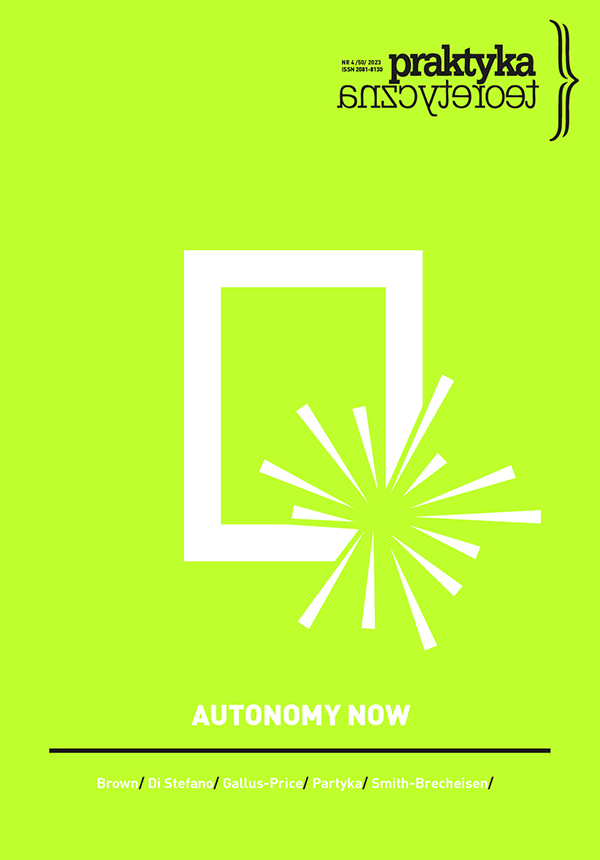

Articles

At first glance, Mexican filmmaker Carlos Reygadas’ Serenghetti (2009) appears to be a documentary, capturing nothing more than an amateur women’s soccer match filmed in Santo Domingo Ocotitlán (Morelos, Mexico). Commentary on the film has focused on social issues such as urban development, anthropocentrism, and sport as spectacle. This essay, however, argues that Serenghetti is much more interested in examining the aesthetic dimension of cinema, or what Reygadas calls the film’s “fiction.” In some respects, Serenghetti recalls Douglas Gordon and Philippe Parreno’s Zidane: A 21st Century Portrait (2006), as both movies record complete soccer matches. But where Gordon and Parreno’s film engages, as Michael Fried contends, with the issue of absorption in contemporary art, this essay suggests that Reygadas’s film is concerned with contesting an anti-representational account of cinema, particularly the question of time, which has been central to how slow cinema scholarship has understood his work. Indeed, since his Cannes award-winning film Japón (2001), Reygadas’ films have been labeled as slow cinema—films that are understood less as a representation of time than as what Thiago de Luca calls “duration itself.” This essay proposes that through the concept of the soccer game, Serenghetti not only asserts itself as fiction but also, in doing so, provides a reading of cinematic time that challenges many political and aesthetic fantasies endorsed by contemporary cultural criticism.

This work is licensed under a Creative Commons Attribution-ShareAlike 4.0 International License.